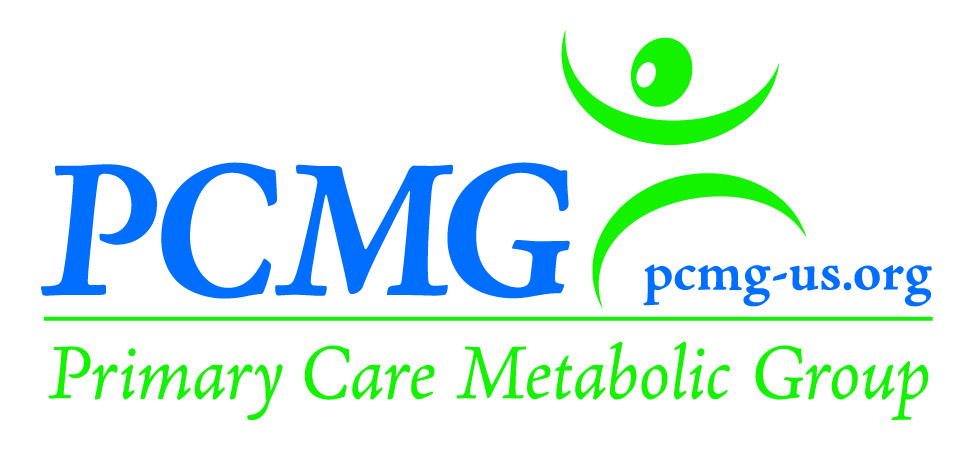Non-compliant, lazy, dishonest, lacking self-control, sloppy, unsuccessful, unintelligent.
These are fairly common responses when healthcare providers are asked how they view patients with obesity. As patient BMI increases, physicians often report having less patience, less desire to help the patient, seeing patients with obesity as a waste of their time, and having less respect for the patient.
Weight Bias in Healthcare
Let’s call these attitudes and perceptions what they really are – weight bias. And unfortunately, many physicians don’t undergo proper training to avoid weight bias when they practice healthcare. This is usually clear and obvious to the patient, too. The OAC’s Stop Weight Bias Campaign reports that 10.3% of U.S. adults have experienced weight bias in healthcare, and 42% of U.S. adults say that they have experienced weight bias in general.
Not surprisingly, patients have valid reactions to experiencing weight bias in healthcare:
- Feeling disrespected and humiliated
- Perceiving that they will not be taken seriously
- Blaming themselves and feeling discouraged
- Delaying and canceling future medical appointments
- Internalizing weight bias and letting it shape their feelings of value
Every day, the OAC stays on the front lines fighting weight bias by representing patients with obesity and doing all we can to educate healthcare providers, policymakers, the media, and the general public about weight bias and its harmful impacts.
OAC Teams up with the Primary Care Metabolic Group (PCMG)
 One example of this fight is the OAC’s work with the Primary Care Metabolic Group (PCMG). PCMG is a national educational initiative providing comprehensive metabolic disease resources. Its mission is to provide an easily accessible repository of metabolic disease information for primary care clinicians that includes disease management and raising standards of patient care through the dissemination of best practices and educational information.
One example of this fight is the OAC’s work with the Primary Care Metabolic Group (PCMG). PCMG is a national educational initiative providing comprehensive metabolic disease resources. Its mission is to provide an easily accessible repository of metabolic disease information for primary care clinicians that includes disease management and raising standards of patient care through the dissemination of best practices and educational information.
Back in mid-March 2021, OAC’s President and CEO, Joe Nadglowski, presented at an internal family medicine chief residents educational program on obesity care hosted by PCMG about communication and weight bias. The residents learned:
- What weight bias is, how it is displayed, and how it impacts health
- How healthcare providers and facilities can be guilty of perpetuating weight bias
- How to measure their own weight bias
- How to talk appropriately about weight with patients
- Resources to help them learn more about weight bias
 Trainings like these are especially important because they help combat weight bias in healthcare before it has a chance to occur. When healthcare providers are trained to understand weight bias, they are better equipped to provide quality care that is evidence-based, empathetic, supportive, and effective.
Trainings like these are especially important because they help combat weight bias in healthcare before it has a chance to occur. When healthcare providers are trained to understand weight bias, they are better equipped to provide quality care that is evidence-based, empathetic, supportive, and effective.
After the resident training with PCMG, Mr. Nadglowski said about the experience:
“What stood out the most to me is that the residents really wanted to better understand the doctor-patient relationship and what people with obesity deal with beyond just the medical complications. There was even a ‘get-to-know-you’ icebreaker during the training where several of the residents shared their own personal experiences living with obesity that were really powerful. It was truly a memorable experience.”
The OAC is excited to have been included in training future generations of healthcare providers so that patients can have better experiences when they communicate with their care teams. Our goal is simple: to shed light on weight bias and help eliminate the shame and stigma that millions of people around the world living with obesity face every day.
For more information about weight bias and the OAC’s work, check out these resources:
- ObesityAction.org/WeightBias
- OAC’s Stop Weight Bias Campaign at StopWeightBias.com
